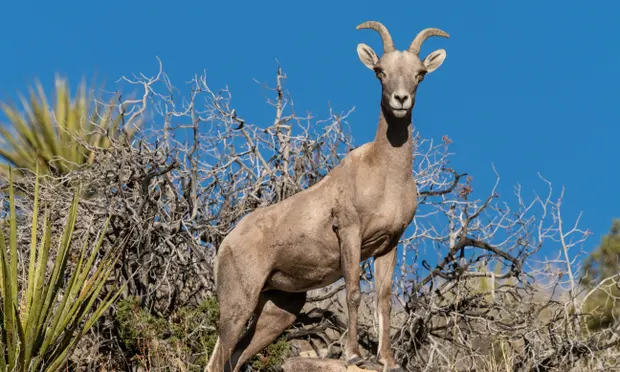New research has warned that over 40% of land vertebrates will be affected by extreme heat by the end of the century if high emission continues and freak temperatures once regarded as rare become the norm.
Due to human activities resulting in global warming, reptiles, birds, amphibians and mammals continued to be exposed to extreme heat events of increasing frequency, duration and intensity, thereby posing a substantial threat to the planet’s biodiversity.
The paper which was published in Nature showed that under a high emissions scenario of 4.4C warming, 41% of land vertebrates will experience extreme thermal events by 2099. In worse affected regions, such as the Mojave Desert in the US, Gran Chaco in South America, the Sahel and Sahara in Africa and parts of Iran and Afghanistan, it is unsure if these areas would be uninhabitable, but it is likely that more species living there would become extinct and 100% of species would be exposed to extreme heat.
Read also: President declares ‘state of calamity as flood devastate Philippines
Researchers who undertook the study mapped the effects of extreme heat on more than 33,000 land vertebrates by looking at maximum temperature data between 1950 and 2099 after they have considered five predictions of global climate models based on different levels of greenhouse gas emission, as well as the distribution of terrestrial vertebrates, to work out how exposed animal populations would be.
“A couple of studies have shown recent climate warming trends match the 4.4C scenario much better than the other scenarios,”said lead author Gopal Murali. “We wanted to highlight the disastrous consequences for wildlife if we end up with a high, unmitigated emission scenario,”.
The study showed that amphibians and reptiles were most affected, with 55% and 51% respectively likely to experience extreme heat events by the end of the century since they generally live within smaller temperature ranges, compared with 26% of birds and 31% of mammals.
Under 3.6C of warming, 29% of terrestrial vertebrates will experience extreme heat events, according to the report. This falls to 6% if warming is limited to 1.8C. “Deep greenhouse gas emissions cuts are urgently needed to limit species’ exposure to thermal extremes,” the researchers wrote.
Adapted from the Guardian.
